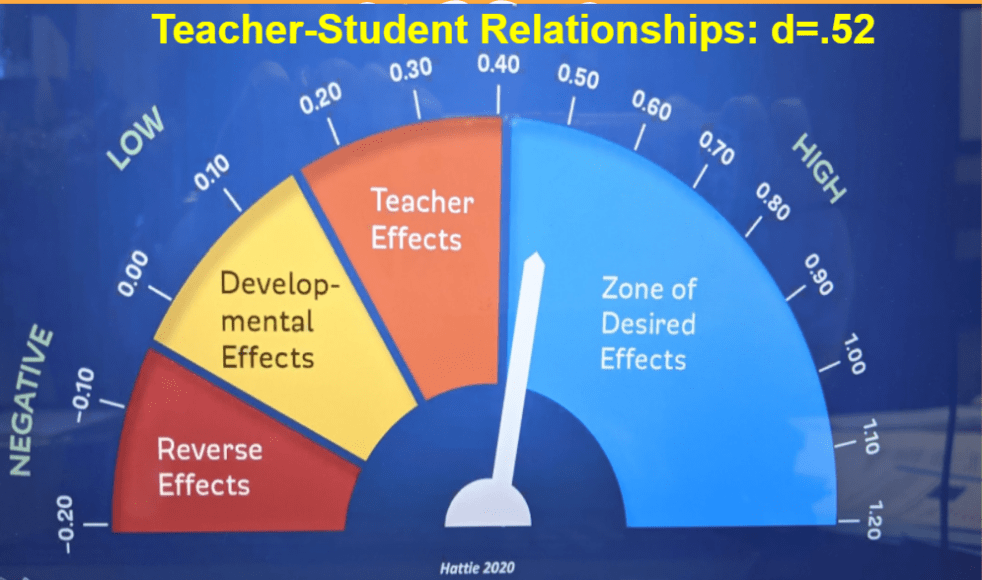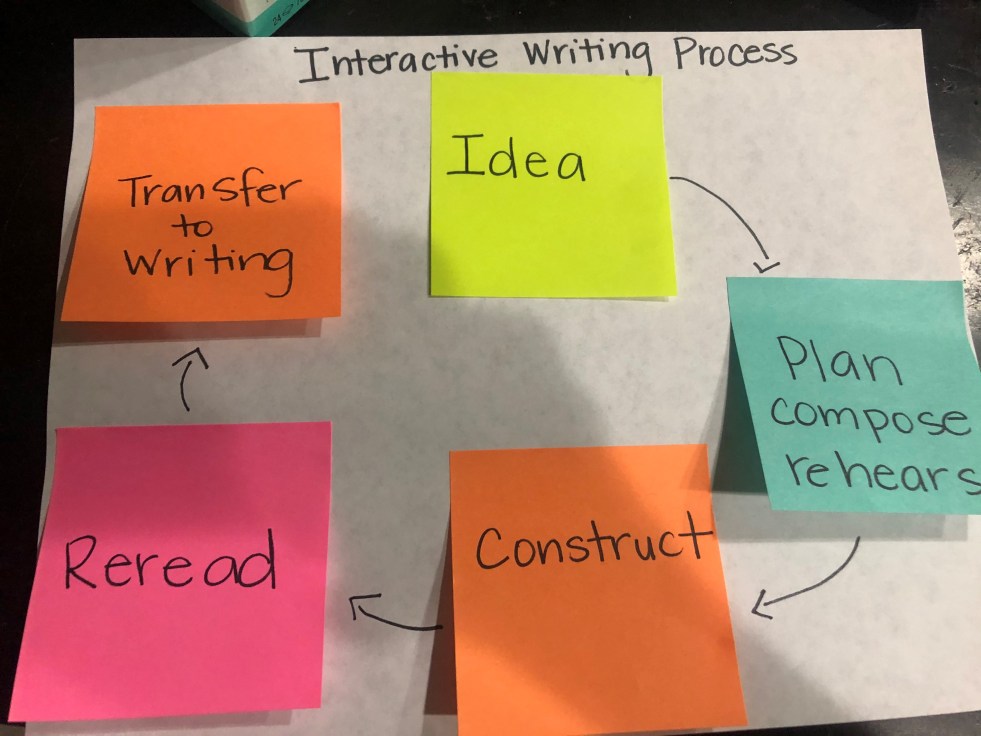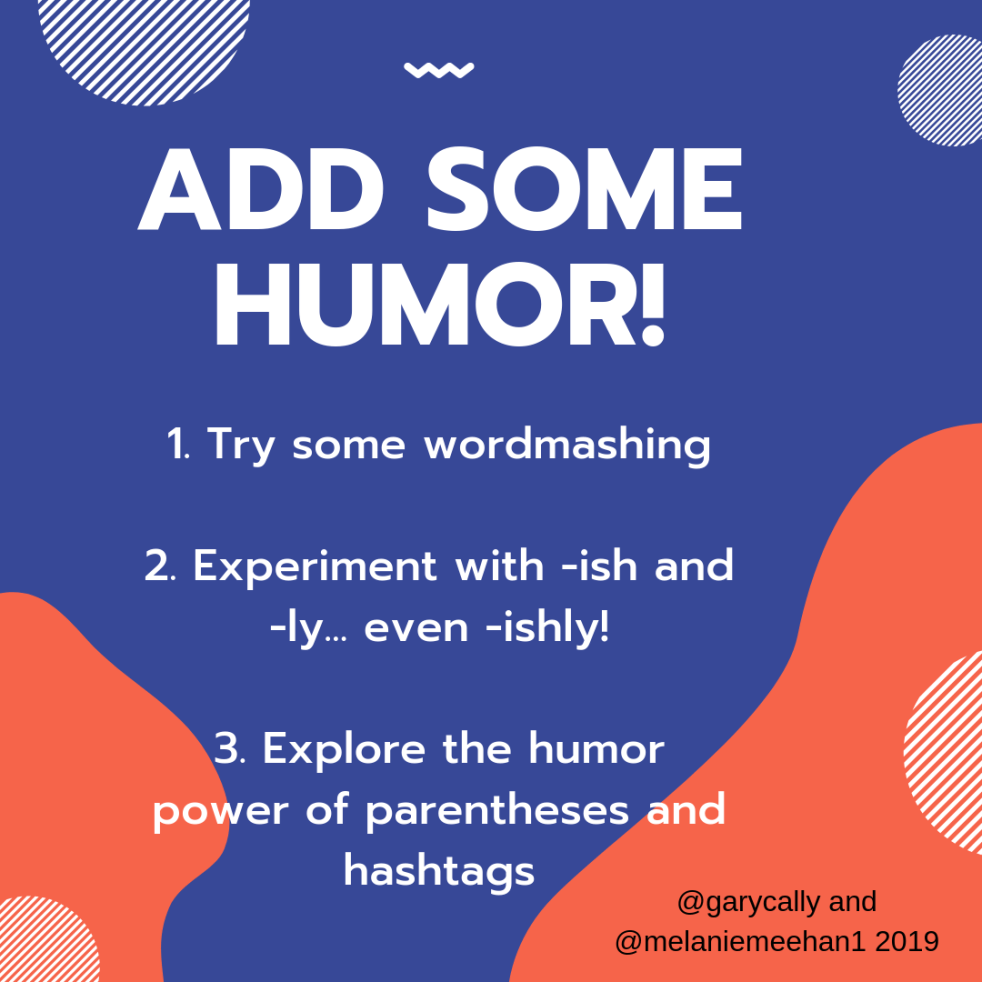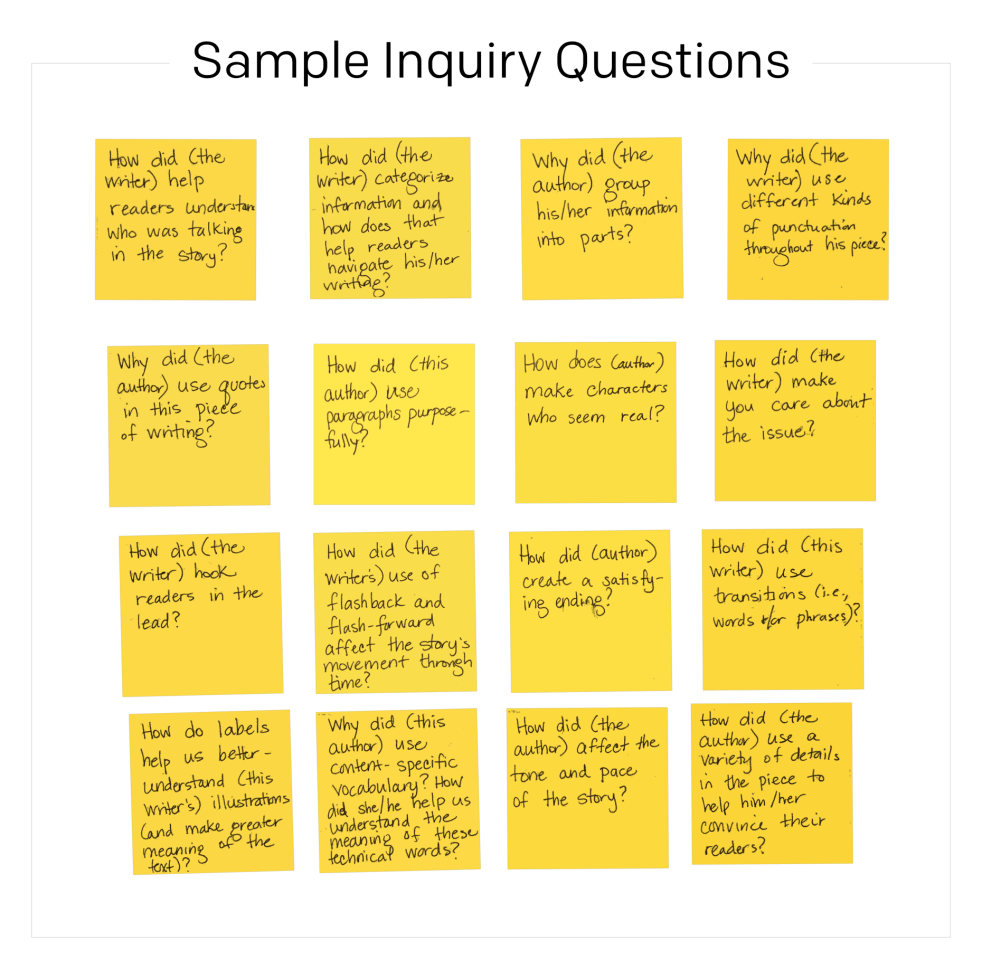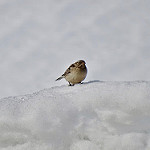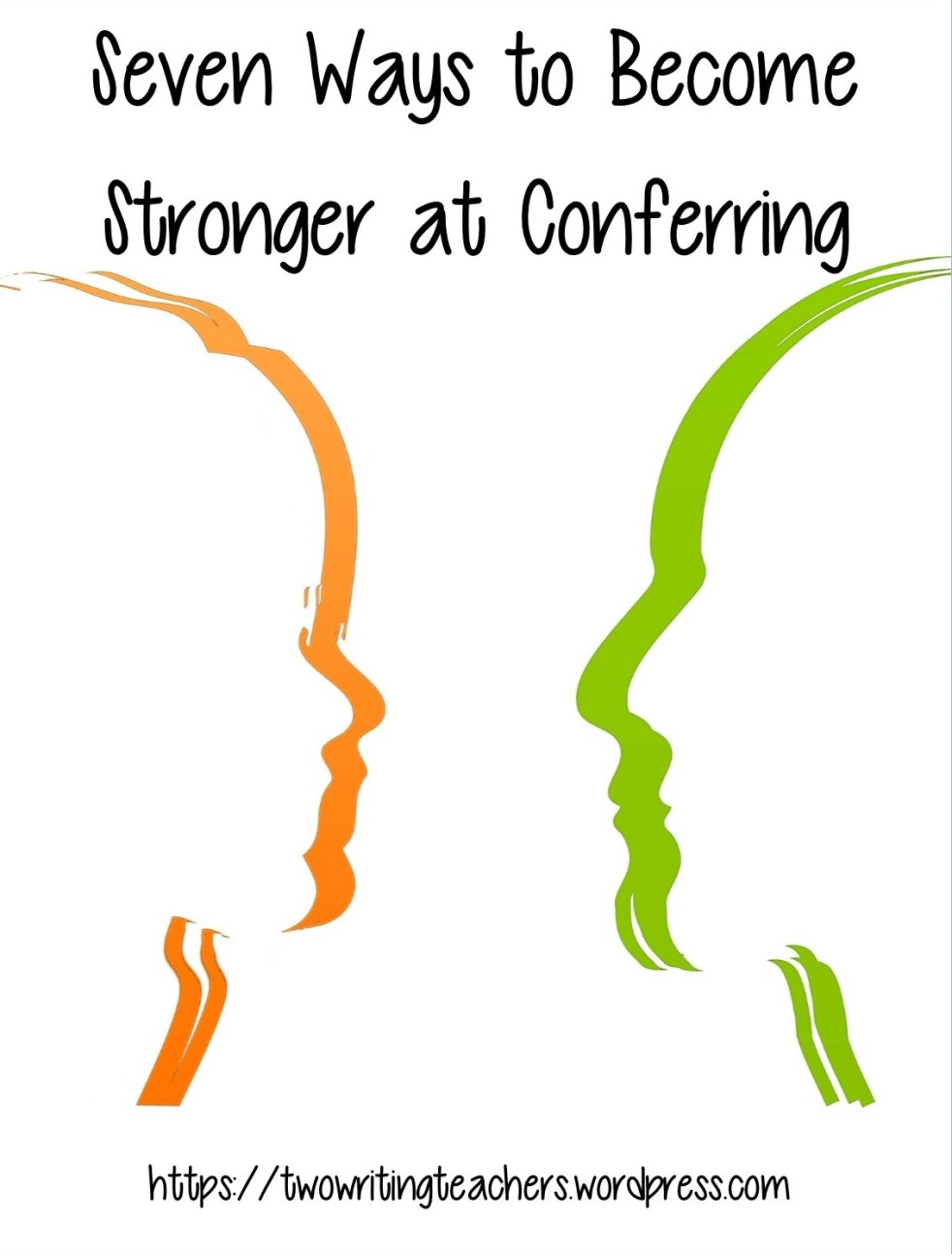To become more intentional about our students, our principal invited teachers to write three facts they know about each student in their classroom. Of the whole class, teachers chose five students to be curious about.
Category: tcrwp
Writing About Reading
Writing about Reading When I am learning anything new, I take more than the average time to understand the new concept to its fidelity. Recently, a student’s mom gave me a cutting of a plumeria plant. She explained that I would need to place it in a pot with cactus soil and water it vigorously… Continue reading Writing About Reading
Expanding Vocabulary and Use of Transitions in Students’ Writing
The work of Elfrieda (Freddy) Hiebert, professor and founder of textproject.org, explains further that “lists do not help our kids retain or expand their word knowledge. Students need networks of words that are grounded in ideas.”
Bringing Humor Into Writing Workshops
Laughter adds so much to our lives. Research the benefits and you find all sorts of them-- engagement, higher levels of learning, greater sense of community, even health benefits… Just for those alone, it’s worth thinking about ways we can infuse humor and laughter into our instruction and the experiences we share with students.
Inquiry Minilessons: Beyond the Fundamentals of Writing Workshop
There are many ways to teach a minilesson effectively. Many people think inquiry minilessons are stickier than demonstrations since kids "discover" things on their own. As a result, learning stays with kids longer since they've come to the learning on their own.
Doing the Same Work as Our Students
I made many mistakes during my first year of teaching. I'm too embarrassed to blog about most of them since I cringe when I look back on my first year of teaching. I got so much wrong. However, there is one thing I got right from the start during year one. Thanks to the support of Pat Werner, who… Continue reading Doing the Same Work as Our Students
The Hard Parts
Earlier this month, I had the privilege of attending the TCRWP August Writing Institute. The week began with Lucy Calkins delivering an inspirational keynote, "Learning from the Hard Parts" inside the Nave at Riverside Church. Parts of it have been rattling around in my mind for the past few weeks.Lucy talked about cultivating spaces in writing… Continue reading The Hard Parts
Risk-taking in the Writer’s Notebook
We learn when we experiment and take risks. The writer's notebook could be a place worth considering as a place to do some risk-taking!
On the Pitfalls of Hiding Out
Sometimes in a busy and chaotic schedule, we inadvertently miss attending to some of our students who like to "fly under the radar." Being systematic and intentionally positive can make a big difference for some of our writers.
Finding Our Teacher of Writers Superpowers
What teacher of writers superpower would you like to develop this year?
Teacher-Written Mentor Texts: Diving into Information Writing
I've long believed teacher-written texts can serve as excellent mentor texts during a unit of study. While I'm a huge advocate of student-written mentor texts, sometimes student writing doesn't have everything we need it to contain. We can tailor our own writing to our units of study. We can do this because we can be… Continue reading Teacher-Written Mentor Texts: Diving into Information Writing
Get REALLY Good at Conferring
Are you new to writing workshop? Are you trying to get better at conferring? Are you having a tough time making conferring work for you? I've got seven tips to help you become a stronger conferrer.

